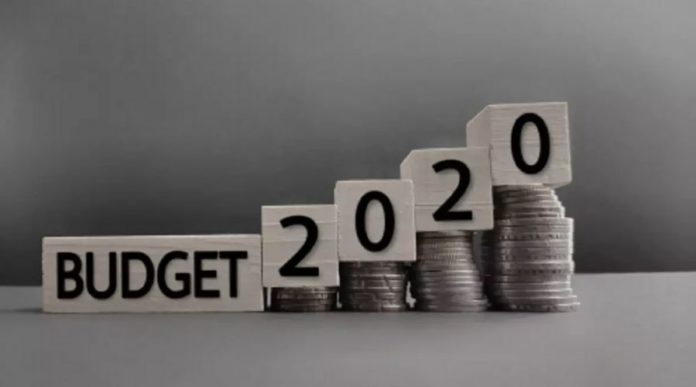Severely impacted sectors like hotel industry, airlines and poultry sector as a result of coronavirus spread have been considered especially in the next budget 2020-21 without net revenue measures.
The federal government will present the federal budget for financial year 2020-21 before the National Assembly on June 12. Prime Minister Imran Khan has already granted the necessary approval in this regard.
Officers of the Ministry of Finance (MoF) engaged in preparing the federal budget have been barred from leaving the federal capital to ensure that the budget-related work is completed on time.The government has decided to cut budgetary targets for the next fiscal year in view of the once-in-a-century pandemic’s adverse impact on the country’s fragile economy.
Steps to Reform Economy:
Government has taken many concrete decision to tackle the economic slump and the new rulings are as follows:
- Government to Reduce turnover tax for different sectors of the economy
- Government slashed all heads of non-development expenditure such as procuring vehicles, petrol, filling of vacancies and defence budget.
- Curtailed by Rs50 billion than its initially envisaged demand from procuring vehicles, petrol, filling of vacancies and defence budget.
- The government increased the development budget outlay at federal level from Rs530 billion to Rs650 and to Rs700 billion for the next budget 2020-21.
- Without having net revenue impact in the upcoming budget, the FBR will be assigned tax collection target of Rs4.95 trillion during next fiscal year 2020-21.
- No additional tax burden in the coming budget as some tax measures would be taken but overall there would be no net revenue measures.
- Tax incentives would be granted to COVID-19 hit sectors such as hotel industry, airlines, poultry and retailers.
- A rise of 20 percent in salaries and pension of government employees has been recommended in the upcoming (2020-21) budget. Allocation of additional Rs142 billion for salaries and pensions has been proposed, while allocation of Rs299 billion and Rs 503 billion is being considered for salaries and pension respectively.
“Pakistan cannot afford derailment of IMF programme so all such measures will be taken that can protect the existing Fund programme,” said the official.
According to sources, the salaries of Grade 21 and Grade 22 civil and military officers will be increased ad in the last budget, their salaries were not raised.
Current Situation:
In April 2020, overall exports declined by almost 70 percent and even the numbers in May 2020 are not any better. In the national export base the textile sector alone lost 65 percent in April clocking $404 million against exports of $1,1139 million in the same month of previous year.
The industry accounts for nearly 67 percent of national exports, 12 percent of GDP and 40 percent of industrial employment, which essentially means that this downturn in foreign exchange inflows is likely to have serious implications in the coming days, both on the trade deficit equation and on unemployment.
The four provinces had promised together about one percent of GDP as surplus to the centre this year out of their joint share of over Rs3.25tr, which now appears compromised around Rs2.2tr.


























